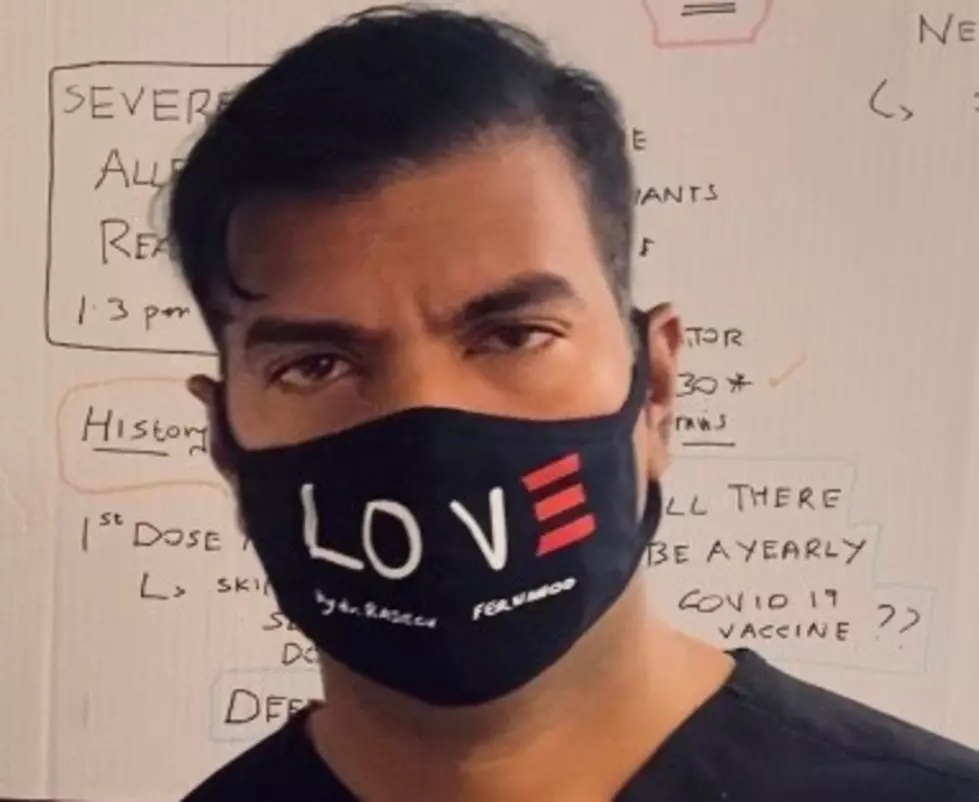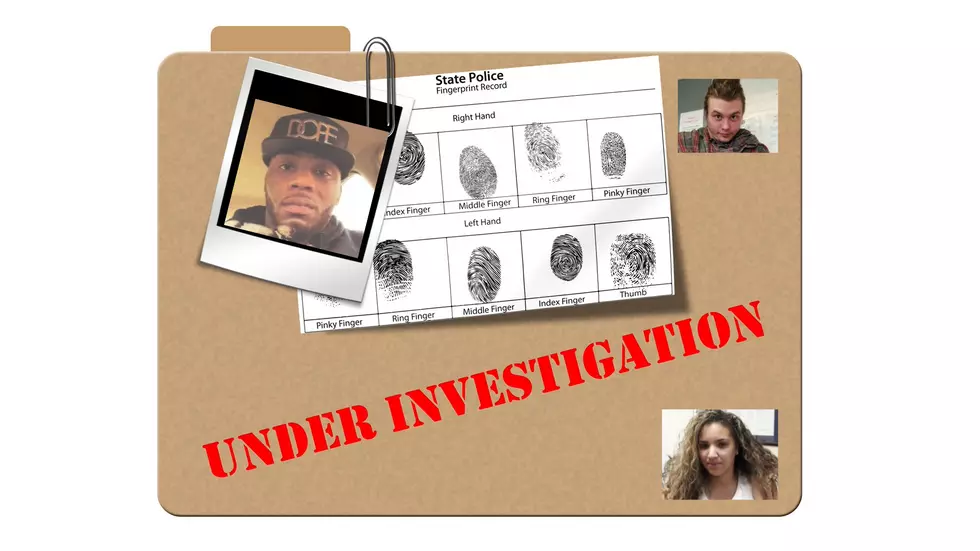
Top Doctor on Blood Type Protection, the Vaccine and Infertility
When you need to know what's happening with the coronavirus, join KICKS 105.5 every Thursday morning. Dr. Rajeev Fernando answers your COVID-19 questions.
Dr. Rajeev Fernando is one of New York's Top Infectious Disease Specialists and this week, he answers your COVID-19 questions about certain blood types, women's concerns about infertility as a long term affect of the vaccine and how long the vaccine actually takes to protect you.

Is it true that there is a correlation between people's blood type and the virus? I heard that people with blood type O don't seem as affected by the virus. Have you seen that in any of your research?
"There have been some preliminary studies that have been done and we are seeing a similar situation with people and that blood group. I have noticed significantly less severe clinical disease and that's absolutely accurate. Patients with blood type O have a lesser chance of developing severe effects from the virus."
We have a question from Michele in Purdys. She wants to know what you think about the vaccine and if there area any long term affects for infertility in women?
"That's a great question, we just don't have any data on it yet. They are doing studies on it right now. I will tell you that people who had received the vaccines during the clinical trials, more than twenty women got pregnant after receiving the vaccine. There are no real studies that tell us it would cause infertility, but it's important to understand that in order to cause any long term effects, the competents of the vaccine would have to enter the nucleus of the cell, but this vaccine doesn't stay in the nucleus, it stays in a fluid called cytoplasm and that's where the vaccine acts. There is logistically zero percent chance of infertility, especially with the current vaccines we are using in this country."
Beth in Danbury recently got the vaccine and she would like to know how long does it take for it to actually work so that you have some type of protection?
"It usually takes a few weeks or so, it depends on which vaccine you're getting. The Pfizer vaccine takes about two weeks and the Moderna vaccine takes about three weeks. Initially, the studies that came out said the protection ratio was about 55% after the first dose, but now newer studies are showing that we're getting better percentages of up to 75% protection after the first dose. Things are looking better and better, we're learning much more with more studies coming out. The longer the vaccine is out there, the more data we are going to get to see."
NEED A FREE MASK?
Dr. Rajeev is offering free masks if you need some. There's no charge, and he'll even pick up the shipping charge. Just visit maskupearth.org and place your order.
LOOK: Answers to 30 common COVID-19 vaccine questions
While much is still unknown about the coronavirus and the future, what is known is that the currently available vaccines have gone through all three trial phases and are safe and effective. It will be necessary for as many Americans as possible to be vaccinated in order to finally return to some level of pre-pandemic normalcy, and hopefully these 30 answers provided here will help readers get vaccinated as soon they are able.
More From The Wolf









